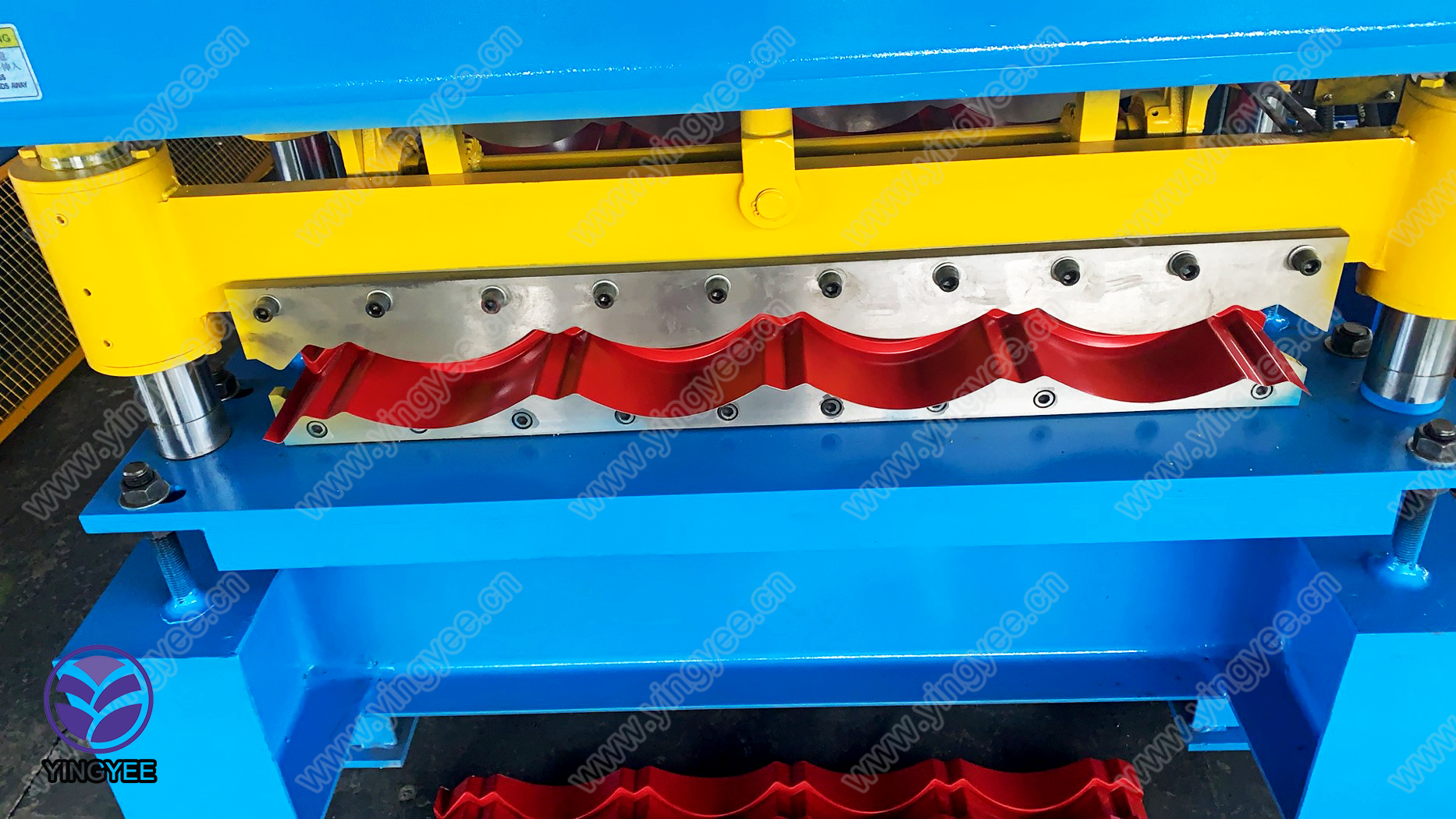
The Rise of China’s Ring Bending Machine Manufacturing
In recent years, China's manufacturing industry has experienced significant growth and transformation, becoming a global leader in various industrial sectors. Among these sectors, the production of specialized machinery, such as ring bending machines, has gained prominence. These machines are vital for industries that require precise shaping of metal sheets and bars into rings or coils, serving applications in construction, automotive, aerospace, and other sectors.
An Overview of Ring Bending Machines
Ring bending machines are crucial for the metalworking industry. They are designed to bend and form metal sheets or rods into circular or arc shapes, making them fundamental for certain manufacturing processes. These machines come in various configurations, including hydraulic, mechanical, and CNC (Computer Numerical Control) types. The selection of a specific type of ring bending machine depends largely on the required precision, material characteristics, and production volume.
China’s ring bending machine factories are at the forefront of innovation, producing advanced machinery that meets international standards. They leverage sophisticated engineering and technology to enhance productivity and efficiency, ensuring that their machines can handle various materials, including steel, aluminum, and more.
Technological Advancements
Chinese manufacturers have embraced modernization and digital transformation. Incorporating smart technology into ring bending machines has dramatically increased their precision and usability. For instance, CNC technology allows for automated programming of bending operations, which minimizes human error and boosts production efficiency. Operators can input designs directly into the system, and the machine automatically adjusts its parameters accordingly.
Moreover, advancements in hydraulic systems have enhanced the force and reliability of ring bending machines, enabling them to process thicker materials with ease. The adaptability of these machines ensures they can cater to diverse needs, from small-scale workshops to large industrial plants.
Quality Control and Standards

As China continues to establish itself as a manufacturing powerhouse, quality control remains a top priority. Factories producing ring bending machines adhere to strict quality assurance protocols and international standards. By obtaining certifications such as ISO 9001, these manufacturers demonstrate their commitment to delivering reliable and high-quality products.
Quality control involves rigorous testing of machines, ensuring they perform efficiently and meet the specifications required by clients. This focus on quality not only instills confidence in domestic buyers but also opens avenues for international exports, bolstering China's reputation in the global market.
Market Demand and Export Potential
The global demand for ring bending machines is on the rise, attributed to the increasing need for precision-engineered products across multiple sectors. This trend presents an opportunity for Chinese manufacturers to expand their market reach. By exporting their machines to emerging economies where industrialization is accelerating, they can capitalize on the growing need for reliable manufacturing equipment.
Chinese factories are also well-positioned to respond to changes in market demands by offering customized solutions. This flexibility allows them to serve varied industries, from artisanal crafts requiring small-scale machines to large-scale operation modules for extensive manufacturing facilities.
Sustainability and Future Trends
As sustainability becomes a focal point for industries worldwide, Chinese manufacturers are also exploring environmentally friendly practices. The development of energy-efficient machines and reducing waste during the manufacturing process are steps that align with global sustainability goals.
Looking ahead, the future of ring bending machine manufacturing in China appears promising. Continuous investment in research and development, coupled with a commitment to innovation, positions these factories to remain competitive on the world stage. The blend of advanced technology, stringent quality control, and market adaptability will ensure that China continues to play a pivotal role in the global machinery supply chain.
In conclusion, China's ring bending machine factories exemplify the country's industrial evolution through technological innovation, quality assurance, and responsiveness to market dynamics. As these factories continue to innovate and adapt, they are set to solidify their status as leaders in the machinery manufacturing sector, meeting both domestic and international demand with precision and efficiency.